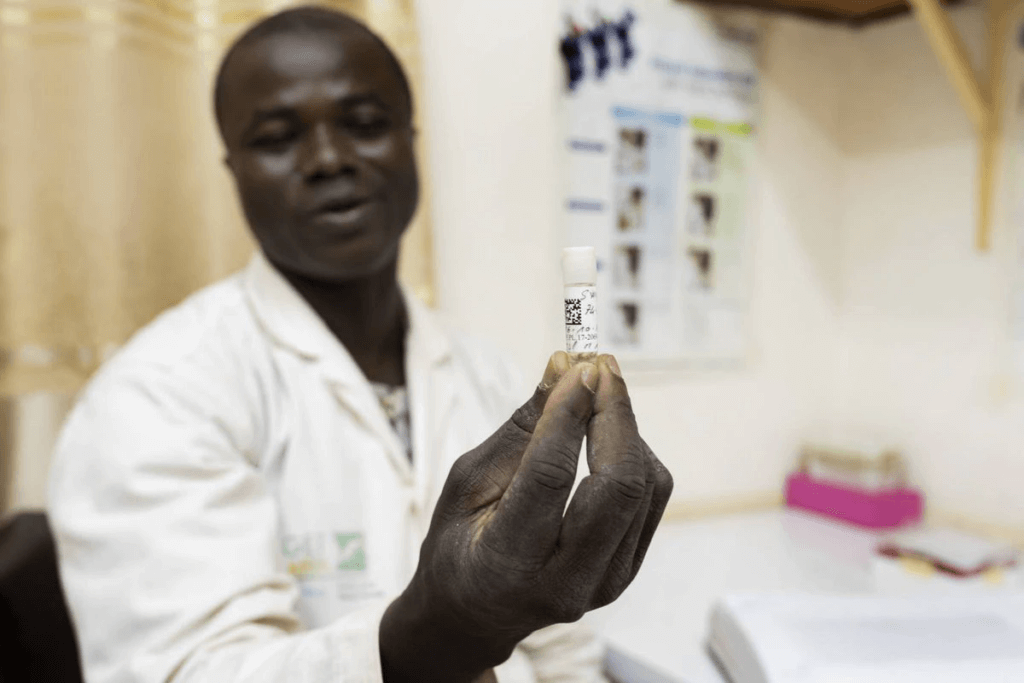
Burkina Faso has officially terminated all activities of the Target Malaria project, an initiative designed to combat malaria using genetically modified mosquitoes.
The announcement was made on Friday by the Ministry of Higher Education, Research and Innovation (MESRI), which confirmed that all operations related to the project had been halted nationwide. In a statement shared on social media, the ministry declared: “All activities of the Target Malaria project throughout the national territory have been terminated.”
Authorities added that enclosures containing the genetically modified mosquitoes were sealed on August 18, 2025, and that all remaining samples would be destroyed in accordance with established protocols.
The decision follows mounting criticism from the Coalition for Monitoring Biotechnology Activities in Burkina Faso (CVAB), which had voiced strong opposition to the release of genetically modified male mosquitoes in Souroukoudingan, Houet Province, Guiriko Region.
“The problem is the solution proposed by the Target Malaria project, which involves eliminating the vector with gene-driven mosquitoes, developed using gene drive technology,” said coalition member Ali Tapsoba. “We point out that the genetically modified mosquito eggs, which will subsequently be gene-driven, are imported from Imperial College London and Italy. This technology is highly controversial and raises ethical issues. Instead of considering solutions to unpredictable risks, we say that we should instead prioritize safe alternatives.”
Critics argue that gene drives could potentially wipe out entire species and that their long-term impact on ecosystems and human health remains largely unknown and possibly irreversible.
Target Malaria, an international research consortium, has been active in Burkina Faso since 2012 with the aim of developing sustainable and cost-effective genetic tools to reduce malaria transmission. Its activities have now been brought to a close amid growing calls for caution over experimental technologies.



